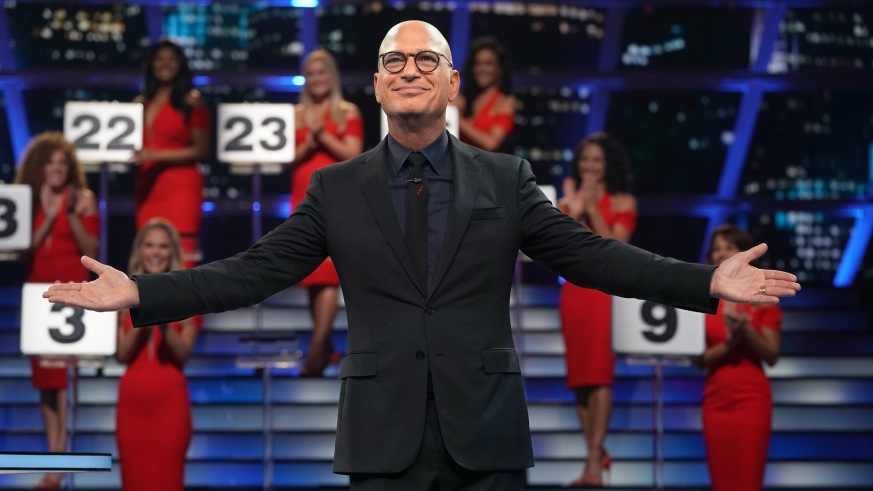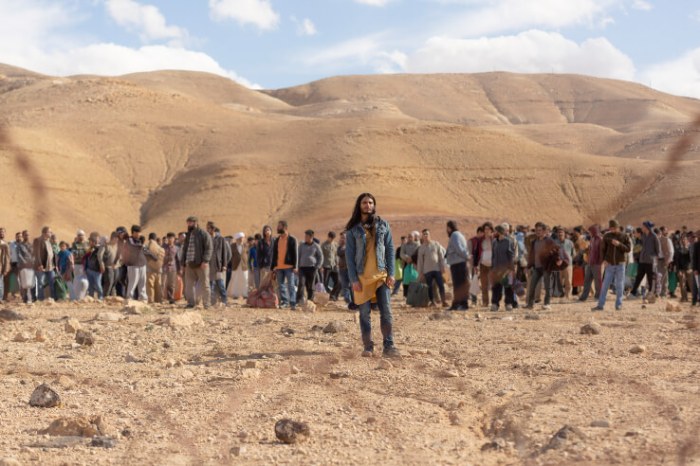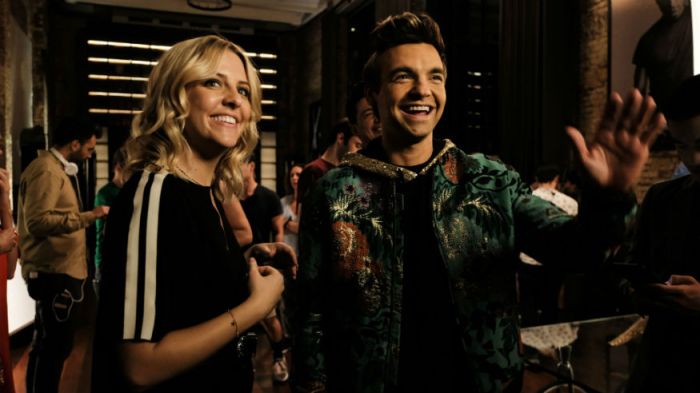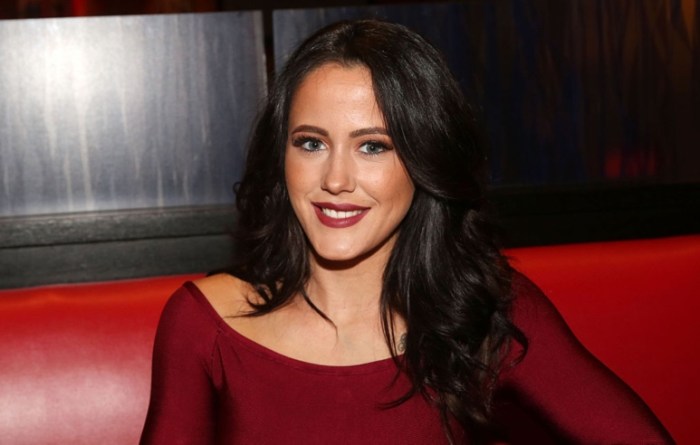Nearly 10 years ago, the final episode of the American edition Deal or No Deal game show aired on NBC. Host Howie Mandel, whose name and face had quickly become synonymous with the popular program soon after its 2005 premiere, was aghast at the decision, but oversaturation and gradually waning ratings had all but guaranteed its fate. Cut to the first week of December, which sees the series’s triumphant return at CNBC.
Mandel, who got his start in stand-up comedy before regular television and film work occupied much of his time throughout the ‘80s and ‘90s, had never hosted a game show before Deal or No Deal came along. But as he tells Metro, this was the job that catapulted his career into the stratosphere. And now it’s back for good with a new 30-episode season at CNBC, and Mandel couldn’t be happier.
Howie Mandel talks the return of Deal or No Deal

TV revivals are in these days, and now that includes game shows. What made you want to bring Deal or No Deal back now?
I don’t think there’s any other show that is just based on pure humanity. There’s no trivia, skill or smarts. It’s just humanity. When you’re just dealing with pure humanity, everybody can relate. So whether you’re screaming at the TV in excitement or screaming at the TV because you think this person is making the most ridiculous decision of their life, it’s so unbelievably human.
To be honest with you, from the day it went off the air I’ve been saying we should bring it back. They burned it out airing it so regularly, so I kept pitching them to do a special every year. People would watch it. To this day, I can walk into a Dave and Buster’s anywhere in the country and there will always somebody playing the Deal or No Deal machine for tickets. Or, I can walk through a casino and there will always be somebody playing the Deal or No Deal slot machine. So to me, it’s not a comeback. It’s just an extension of us already being there.
You started in stand-up comedy, but when you were younger, did you ever watch game shows? Were they on your radar?
No, I did not watch game shows. Stand-up, meanwhile, has been the one staple in my career – regardless of whether I was doing St. Elsewhere, Bobby’s World or America’s Got Talent – that keeps me going. I still do hundreds of stand-up gigs every year. In fact, it’s the most comfortable place for me, being on the comedy stage. So when they first approached me about becoming a game show host, I did not want to do it. I didn’t want to be on a game show, but my wife made me take the deal and there’s been nothing in my career that has changed my whole view of everything as much as it has. It launched me into another stratosphere. I mean, I’ve done a lot of things, but Deal or No Deal is by far the biggest, most life and career-changing project I’ve ever been involved in.
Is it the thing that people recognize you for the most?
Absolutely. Up until I did Deal or No Deal, people mostly knew me from my comedy specials. I was the guy who put the glove on the head. Then there were young mothers and parents telling their kids that I was the voice from Bobby’s World, but they didn’t realize I was the same guy who was on cable doing stand-up. can’t even tell you how many letters I was getting at that time for St. Elsewhere. They didn’t know that Dr. Fiscus was the same guy that was doing stand-up or the voice on Bobby’s World. I did some movies, so I had a fairly abundant amount of things going on in my career, but they all had very distinct audiences. They didn’t know each other, and it wasn’t until Deal or No Deal that they were finally brought together.
What has the response to the show’s return been like so far?
Nothing but positive, and I think that’s because it speaks to everybody. If you’re a little kid who’s only been in Dave and Buster’s and seen that particular game, or if you’re somebody who’s nostalgic and had a good time watching the show with a loved one back in the day, then you’ll want to see what’s up.
Good games shows are the ones that can really hook an audience, regardless of the outcome.
It’s just so simple! America was the last one to get on board with the game, which is basically the endgame to a trivia game. And then you got a chance to pick a case. Scott St. John, our producer then, had the brilliance to say the endgame could be a game in and of itself. When it was first pitched to me, I thought it was just an hour of telling someone to open a case repeatedly.
Then, when I hit the stage for the first time and met the first contestant, Karen Vann, I realized it was so much more. I realized her life could actually change in such a big way because of what we were doing. That’s what happens when you cast real, relatable people whose lives will actually change. It really means something to them, and it really means something to the audience. I mean, you’re in control when you’re on the show. When I tell you the banker has offered you a quarter of a million dollars, that’s yours. That’s real money. All you’ve got to do is say “deal” and hit that button, and boom, you have a quarter of a million dollars in cash. But when they say “no deal” to something like that? It shakes me to my core.
Deal or No Deal returns with back-to-back episodes Wednesday, Dec. 5, at 8 p.m. on CNBC.

























